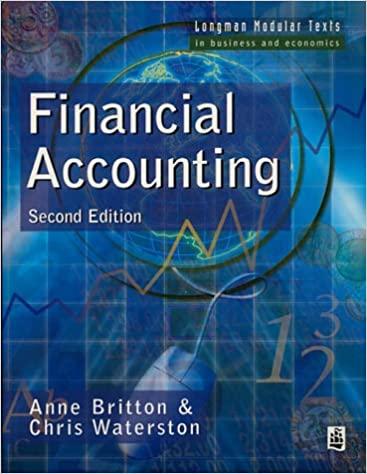Question
Assume you are 32 years old and plan to retire in 35 years at age 67. You are currently earning $75,000/year and expect average annual
Assume you are 32 years old and plan to retire in 35 years at age 67. You are currently earning $75,000/year and expect average annual salary increases of 4.0%/year over the next 35 years. You have $0 saved for retirement.
You are trying to determine how much money to save (invest) each year in your 401(k) Plan to fund your retirement in order to pay yourself 70% of your final salary each year (that increases with inflation). [Remember this is an Annuity Due, so your first annual investment is made in Year 0.and your final payment is in Year 34.] You plan to maintain an investment as a percent of your salary, which simply means your payment into the 401(k) will also increase by 4.0% per year as your salary increases 4.0% each year.
You believe that you can earn 8.0%/year over the next 35 years while saving for retirement.
Once you retire, you have a life expectancy of 25 years. You plan to be more conservative in your investments and expect to earn only 5.0%/year on your investments over the 25 years while in retirement. You also want to maintain your purchasing power by increasing your annual retirement pay by the expected inflation rate of 3.0% each year. [Remember, your first withdrawal will be made in Year 0 of retirement (i.e., Year 35 on the timeline.] Assume that after you withdraw the 25th payment, you will have $0 left in the account.
Step by Step Solution
There are 3 Steps involved in it
Step: 1

Get Instant Access to Expert-Tailored Solutions
See step-by-step solutions with expert insights and AI powered tools for academic success
Step: 2

Step: 3

Ace Your Homework with AI
Get the answers you need in no time with our AI-driven, step-by-step assistance
Get Started


